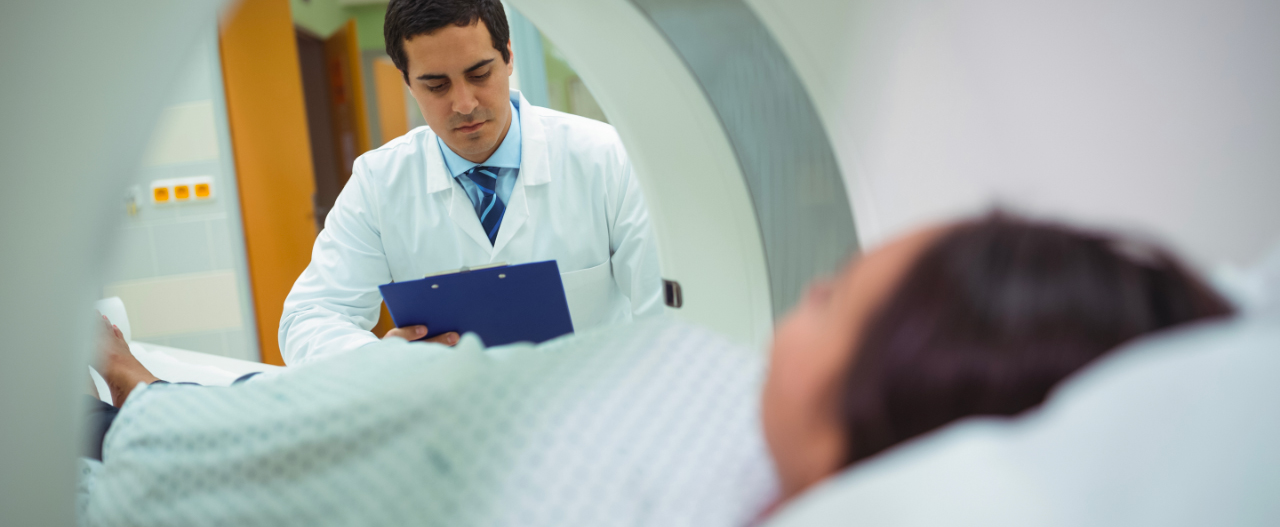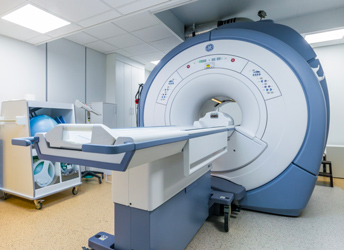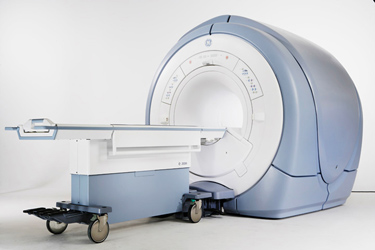 vice-hero__img" />
vice-hero__img" />
Pelvic MRI
Contra-indications
| Absolute | Relative |
|---|---|
| Pace Maker | Prostheses or osteosynthesis equipment |
| Cardiac Valve | Pregnancy |
| Cochlear Implants | Claustrophobia or anxiety |
| Eye Metallic Slivers | Mental or Unconscious Retardation |
| Hardware Assisted Patient(Oxygen) | Non-removable Dental Appliance |
Sedation
Sedation is administered by a resuscitator-anesthesiologist to all children and adults suffering from claustrophobia.
It requires a fast of 4 hours before the examination.
Precautions
4h fasting before the examination.
Conduct of Examination
The patient is lying on her back. An antenna is placed on the pelvis.
Intravenous injection of contrast medium is sometimes necessary.
The average duration of this examination is 20 minutes.
Equipment
Type :2 1.5T MRI Devices
Supplier :General Electric Healthcare


Technology
Magnetic Resonance Imaging (MRI) is a cross-section imaging technology using a very powerful circular magnet in which the patient is put. A radio wave will be emitted to provoke the excitation and the displacement of the protons of water contained in the structures and the organs of the explored zone.
Unlike other imaging techniques that use only one parameter, MRI has the advantage of being able to combine many analysis parameters (4 to 6) in order to better define the nature of the encountered anomalies.
Each image corresponds to a section of defined thickness of the explored region.
All images are analyzed individually or in 3D reconstruction.
What is the contribution of MRI ?
MRI is a non-irradiating technique that allows obtaining cross-sections of an explored area in all the planes of space.
Unlike other imaging techniques that use only one parameter, the MRI can combine up to 5 parameters, which allows to visualize, to differentiate and to analyze all the structures of an explored zone.
It is thus of a very high efficiency for the purpose of diagnosis.
Opening hours
Saturday - Thursday
07:00 - 21:00